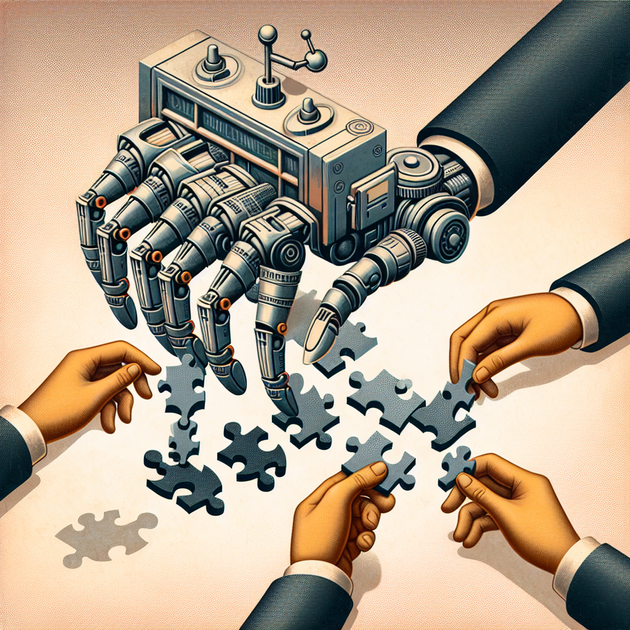Should OpenAI Be Broken Up? Why Some Experts Say Yes
What happens if a few companies control the most powerful artificial intelligence in the world? That question is turning up everywhere right now—especially after high-profile figures called for the government to consider breaking up OpenAI.
The Rise of OpenAI and Its Influence
OpenAI has quickly become a household name in tech circles. Known for products like ChatGPT and DALL-E, this company helped bring advanced AI to millions almost overnight. But with success comes scrutiny. Many are now asking whether one organization should have so much influence over such a transformative technology.
The main concern isn’t just about innovation but about power. When a single company dominates an industry—especially one as important as artificial intelligence—it can shape everything from access to pricing and even public policy.
Why Are People Calling to Break Up OpenAI?
Talk of breaking up large tech companies isn’t new; think of past debates around Microsoft or Google. But when it comes to OpenAI, critics are raising a few specific points:
- Concentration of Power: If one group controls cutting-edge generative AI tools, they decide who gets to use them—and how.
- Lack of Oversight: Rapid development means there’s little time for lawmakers or society to catch up.
- Potential for Abuse: From misinformation to surveillance, powerful AI in few hands can lead to unintended consequences.
- Barriers for Competitors: Startups might struggle if resources or data are locked behind corporate walls.
According to a recent piece from The New York Times, some policymakers worry that unchecked growth in companies like OpenAI could create “gatekeepers” that stifle creativity and competition.
The Role of Government in Tech Regulation
Governments have stepped in before when technology evolved faster than rules could keep pace. The current debate centers on whether AI deserves special treatment. Is it enough to regulate how these companies operate—or should they be broken apart so no single player is too powerful?
Antitrust laws exist precisely for situations like this. In the past, similar arguments led to breakups or strict regulations on giants like AT&T or Standard Oil. Now lawmakers are wondering if those same tools should apply to digital platforms developing advanced artificial intelligence.
There’s no shortage of opinions on this issue:
- Some experts argue that breaking up big tech firms increases competition and encourages safer innovation.
- Others caution that splitting up organizations like OpenAI might slow progress or make safety oversight even harder.
For more background on how antitrust law works in the digital age, check out this overview from the U.S. Federal Trade Commission (FTC).
Anecdote: When History Repeats Itself?
Back in the early days of computing, Microsoft faced its own antitrust trial over claims it had too much control over personal computers. The case dragged on for years and changed how tech giants operated. A friend working in tech at the time remembers developers suddenly having more room to innovate—and startups popping up seemingly overnight.
Now with AI advancing at record speed, some say history could repeat itself if governments decide that concentrated power is once again too risky.
Key Points To Consider
- Innovation vs Oversight: Balancing rapid progress with responsible regulation is tricky.
- No Easy Answers: Breaking up a company is complicated—especially with global implications.
- The Stakes Are High: Decisions made now could shape how everyone interacts with technology for decades.
The Road Ahead for Artificial Intelligence
Whether or not governments act against companies like OpenAI will shape not just business but society at large. Some experts believe that more transparency and clear guidelines might be enough without resorting to a breakup; others warn that waiting too long could let problems grow out of control.
As calls grow louder for action on AI regulation—especially when it comes to major players like OpenAI—the world is watching closely. For further reading on how countries are approaching this issue globally, you can visit OECD’s guide on international AI policy.
So what do you think—should governments step in and break up companies like OpenAI? Or is there another way forward that balances innovation with accountability?

Leave a Reply